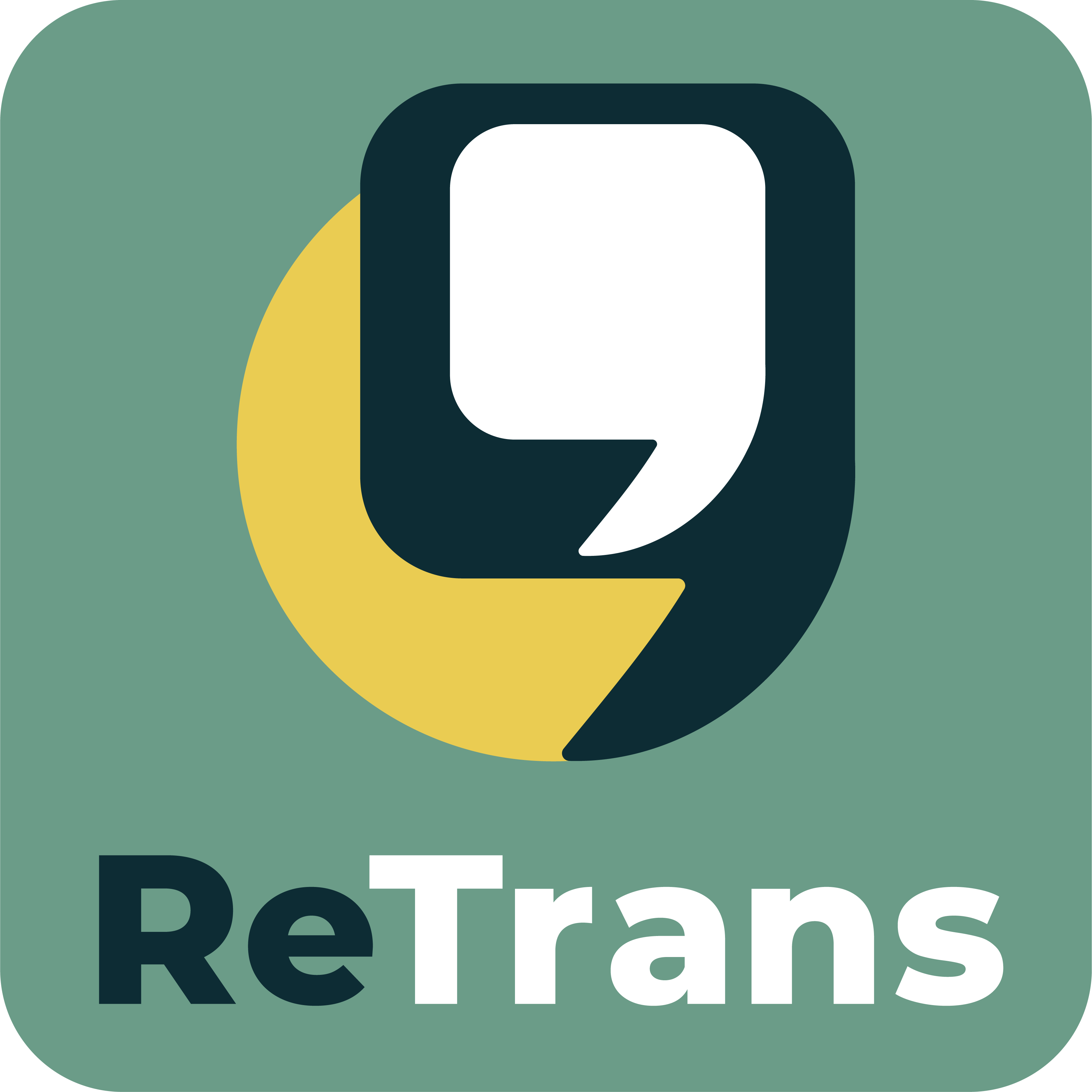by Anna Sourdille (University of Vienna, Centre for Translation Studies)

Travel and scientific discourse are known to be catalysts for changing perspectives. This was certainly the case at PSIT8 in Alacalá de Henares, Spain, where the ReTrans team had the opportunity to discuss the challenges of language mediation in refugee transit zones with academic peers. On the fringes of the conference, however, a peculiarity in the behaviour of the storks of Alcalá as migratory birds also attracted attention from conference attendees and raised some new questions about the dynamics of flight and arrival situations.
Journey to Spain: ReTrans Expands its Reach
From 22 to 24 March 2023 four team members of the Erasmus+ project ReTrans (Working with Interpreters in Refugee Transit Zones) of the Centre for Translation Studies at the University of Vienna and the Ionian University of Corfu met up in Spain to attend the PSIT8 (8th International Conference on Public Services Interpreting and Translation) in Alcalá de Henares, Spain.
The conference opened with two workshops that linked the overarching theme of the conference, public service interpreting and translation, to practical, real-world challenges: “Sharing experiences of work in mental health scenarios with 3rd country nationals” by Carolina Flores Monsreal (ACCEM) and “Teaching and training in community interpreting – addressing the training gap by setting a common ground” by Angela Sasso (Critical Link).
Innovations in Teaching and Methodology: Lessons Learned
On the second day of the conference, the ReTrans team kicked off with Vera Ahamer and Sonja Pöllabauer (both from the University of Vienna) presenting a case study of a 4 ECTS course on crisis translation offered at the Centre for Translation Studies at the University of Vienna in the summer semester of 2022. They explored innovative teaching methods and strategies that could enhance the training of interpreters and translators to better meet the evolving needs of migrants and refugees. The course is in line with one of the main objectives of the ReTrans project, which is to raise awareness among students and teachers in higher education interpreter training institutions about interpreting in the context of cross-border migration, while also contributing to the development of diversified teaching materials.
On the third day of the conference, Harald Pasch (University of Vienna) and Stavros Kozobolis (Ionian University) presented the methodology of a needs assessment among stakeholders in refugee transit zones carried out in the first phase of the ReTrans project. The audience gained valuable insights into the research process and the challenges of conducting a transnational survey in several languages. Curious about the results? More information on the ReTrans survey report can be found here. The book of abstracts from PSIT8 can be read and downloaded here.
New Perspectives on Flight and Arrival
While the ReTrans team was there to discuss human communication needs in flight and arrival situations, it was also captivated by the unexpected presence of a different kind of migratory phenomenon: the white storks of Alcalá. Indeed, Alcalá de Henares, in the heart of Spain, has become home to hundreds of white storks who, partly due to climate change, have decided to abandon their traditional nomadic lifestyle and settle in the city all year round. Bell towers throughout the city serve as their nesting grounds, and the rhythmic tapping of their beaks echoes through the streets. Today, the white storks have become synonymous with Alcalá, captivating visitors, providing an enchanting backdrop for photographs and a popular tourist attraction.
Unlike the storks, the ReTrans project team eventually had to fly away. However, the experience of the PSIT8 conference reaffirmed the importance of addressing communication needs on migration routes and motivated us to continue our efforts in? contributing to the ReTrans project and positively impacting the lives of people in cross-border migration zones. As we continue our journey, we invite you to join us in uncovering the complexities of interpreting in refugee transit zones and developing transformative educational resources. So stay tuned for updates on this venture – we are about to spread our wings and take off!

The European Commission support for the production of this publication does not constitute an endorsement of the contents which reflects the views only of the authors, and the Commission cannot be held responsible for any use which may be made of the information contained therein.
Image: Creative Commons
